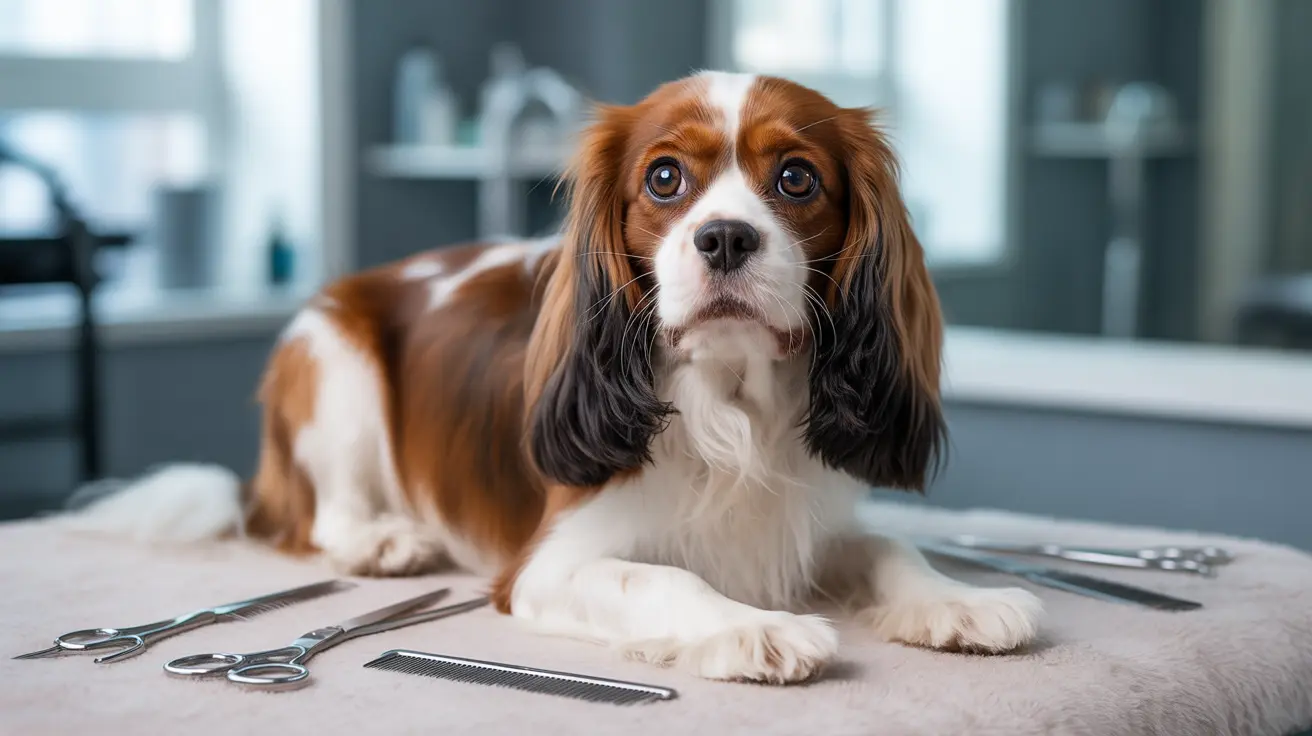Understanding the Initial Investment
When considering a Cavalier King Charles Spaniel, prospective owners should prepare for significant upfront costs. The initial purchase price from reputable breeders typically ranges from $1,500 to $4,000, with show-quality puppies commanding even higher prices up to $6,000. This investment reflects the breed's popularity and the careful breeding practices required to produce healthy puppies.
While adoption from shelters can offer a more budget-friendly alternative, Cavalier King Charles Spaniels rarely appear in rescue organizations due to their high demand. When they do, adoption fees typically range from $200 to $500, significantly less than breeder prices.
First-Year Expenses and Setup Costs
The first year of Cavalier ownership requires substantial financial preparation. Beyond the purchase price, owners should budget approximately $3,000 for essential first-year expenses. This includes:
- Initial veterinary examination ($100-300)
- Vaccination series ($200-300)
- Spay/neuter surgery ($50-800)
- Microchipping ($40-60)
- Basic supplies and equipment ($400-500)
- Pet insurance initiation ($250-900)
Monthly Care and Maintenance Costs
Regular monthly expenses for a Cavalier King Charles Spaniel typically range from $50 to $280. Quality nutrition costs between $30-80 monthly, while grooming expenses can vary significantly depending on whether you opt for professional services or maintain their coat at home.
Professional grooming sessions, recommended every 6-8 weeks, typically cost $40-75 per visit. Regular brushing at home can extend the time between professional grooming appointments and reduce overall costs.
Healthcare Considerations and Insurance
Cavaliers are prone to several health conditions that can impact long-term costs. Mitral valve disease, syringomyelia, and eye problems are common concerns that may require specialized veterinary care. Pet insurance becomes particularly valuable for this breed, with monthly premiums ranging from $21-83 depending on coverage levels and deductibles.
Preventive care, including regular heart check-ups and dental cleanings, helps manage long-term health expenses. Annual veterinary costs typically range from $450-800 for routine care, not including emergency services or treatment for chronic conditions.
Cost-Saving Strategies Without Compromising Care
While Cavalier ownership represents a significant investment, several strategies can help manage costs effectively:
- Invest in preventive care to avoid costly health issues
- Learn basic grooming techniques to reduce professional grooming expenses
- Purchase quality supplies that last longer, reducing replacement frequency
- Consider pet insurance early to manage unexpected medical expenses
- Buy food and supplies in bulk when possible
- Maintain a consistent exercise and diet routine to prevent obesity-related health issues
Frequently Asked Questions
How much does it cost to buy a Cavalier King Charles Spaniel from a reputable breeder?
Reputable breeders typically charge between $1,500 and $4,000 for a Cavalier King Charles Spaniel puppy. Show-quality dogs or those from champion bloodlines may cost up to $6,000.
What are the typical ongoing monthly costs for owning a Cavalier King Charles Spaniel?
Monthly costs average between $50-280, including food ($30-80), grooming ($3-80), pet insurance ($21-73), and routine supplies. The actual amount depends on your location and chosen care standards.
Why are Cavalier King Charles Spaniels prone to health issues like mitral valve disease, and how much can treatment cost?
Cavaliers have a genetic predisposition to certain health conditions, particularly heart issues. Treatment for mitral valve disease can range from $1,000 to $6,000+, depending on severity and required interventions.
How can I budget for the first year of owning a Cavalier King Charles Spaniel, considering all the expenses?
Plan for approximately $3,000 in first-year expenses beyond the purchase price. This includes initial veterinary care, supplies, vaccinations, spay/neuter surgery, and basic training needs.
What are some strategies for reducing the long-term costs of caring for a Cavalier King Charles Spaniel?
Focus on preventive care, learn basic grooming skills, invest in pet insurance early, buy supplies in bulk, and maintain regular veterinary check-ups to catch potential health issues before they become severe and more expensive to treat.
Conclusion
While the cost of owning a Cavalier King Charles Spaniel is substantial, proper financial planning and preventive care can help manage expenses effectively. The breed's loving temperament and companionship make the investment worthwhile for many owners, but it's crucial to understand and prepare for both initial and ongoing costs before bringing one home.






